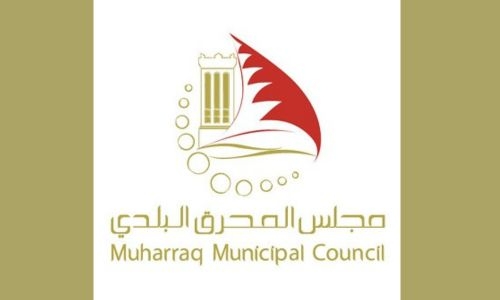The Ministry of Works has come under fire for its compensation criteria in the aftermath of severe flooding in Bahrain. After the Muharraq Municipal Council submitted a list of 232 rain-affected claims, all were rejected by the ministry for failing to meet arbitrary standards. The council members were unaware of these criteria and believe that the ministry is not fulfilling its responsibility to compensate citizens affected by the natural disaster.
The heavy rainfall in April resulted in extensive damage to homes and vehicles in Bahrain, prompting the government to allocate funds for compensation. However, the ministry’s criteria for compensation only covered specific types of damage, such as rainwater entering through the front door or beneath it, and damage to vehicles parked in front of the house. This left out many individuals whose homes were damaged through other means, such as water ingress through the back or roof, leading to collapsed roofs.
In addition, some residents had their cars break down during the rain, which was also deemed as “irreparable” by the ministry. The council members are questioning who established these narrow compensation standards, especially since they contradict the directives from His Royal Highness Prince Salman bin Hamad Al Khalifa for full compensation of those affected by the flooding. The Muharraq Municipal Council is calling for the ministry to disclose the full compensation details and amend the standards to assist all 232 rain-affected applicants on their submitted list.
The controversy surrounding the ministry’s compensation criteria highlights the need for more transparency and clearer guidelines in such situations. The lack of communication regarding the established standards has left many citizens feeling neglected and overlooked in their time of need. It is crucial for government agencies to ensure that their processes are fair and inclusive to effectively support those affected by natural disasters like the flooding in Bahrain.
Moving forward, it is essential for the Ministry of Works to review and revise their compensation standards to better accommodate all types of damage resulting from the severe rainfall. By aligning their criteria with the directives from the Crown Prince and Prime Minister for full compensation, the ministry can effectively meet its responsibility to assist all citizens affected by the natural calamity. Transparency and accountability are key in ensuring that government assistance reaches those who need it most and that no one is left behind in the aftermath of a disaster.
In conclusion, the criticism faced by the Ministry of Works over its compensation criteria highlights the importance of clear communication, fairness, and inclusivity in government response to natural disasters. By addressing the concerns raised by the Muharraq Municipal Council and revising their standards, the ministry can better fulfill its obligation to compensate all citizens affected by the flooding in Bahrain. It is essential for government agencies to prioritize the needs of their citizens in times of crisis and ensure that assistance is provided in a timely and equitable manner.











